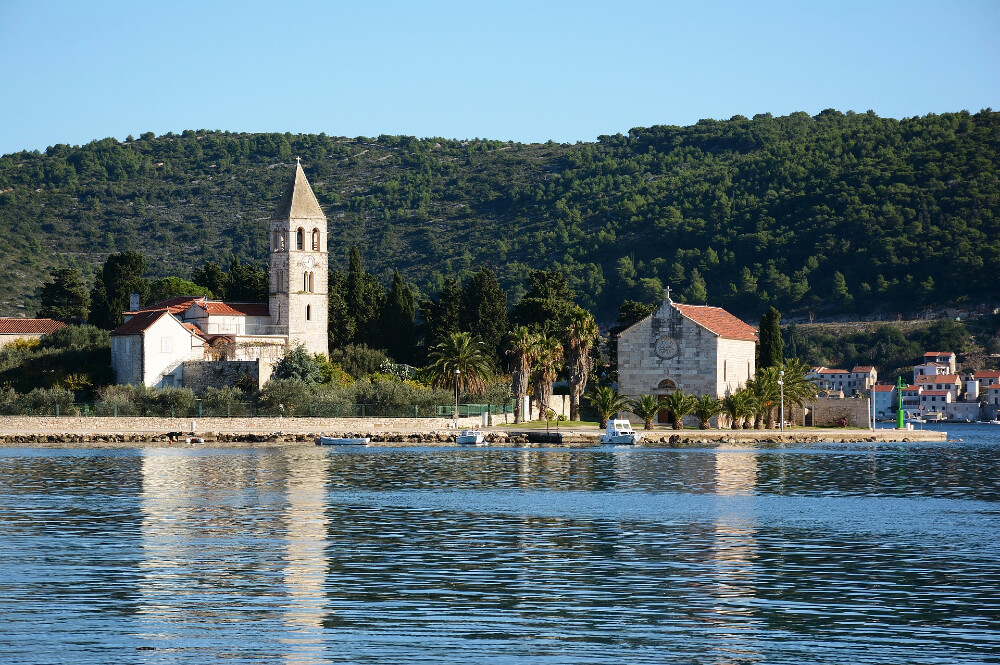How can foreigners buy real estate in the Republic of Croatia?
When acquiring real estate in the Republic of Croatia, things differ depending on whether the acquirer is a Croatian citizen or a foreign citizen. Citizens of the Republic of Croatia do not have restrictions in legal transactions in real estate (the exception is real estate that represents the common good and as such is out of circulation). The manner or possibility of acquiring real estate in the Republic of Croatia by foreign natural and legal persons depends on whether they are natural or legal persons from the Member States of the European Union or not.
Foreign citizens are persons who do not have Croatian citizenship, with a distinction being made between persons from the EU Member States and other foreign persons. From 1 February 2009, foreigners, namely citizens and legal entities from the Member States of the European Union, acquire the right to own real estate under the same preconditions as Croatian citizens only if the general preconditions for the validity of a legal transaction are met. Given that for these persons there are no longer special prerequisites for acquiring real estate ownership (reciprocity and consent of the Minister of Justice) at the time of concluding a legal transaction arises a real estate tax liability, and at that time the real estate transfer tax is determined.
In which case a foreigner cannot acquire property?
What all foreigners have in common, whether they are from the European Union or not, is that they cannot acquire property:
- real estate in excluded areas for the protection and interests of the Republic of Croatia
- agricultural land
- protected parts of nature
- forest and forest land
This is determined by the Law on Agricultural Land and Protected Areas of Nature from the Law on Nature Protection. According to the provisions of these laws, citizens and legal entities from EU member states may not be holders of property rights on agricultural land, in a strict reserve, national park, special reserve, nature park, regional park, natural monument, significant landscape, forest park and a monument of park architecture. Legal transactions that have as their object the acquisition of agricultural land and/or protected parts of nature from citizens and legal entities of the Member States of the European Union are null and void. The Tax Administration monitors these legal affairs ex officio and no real estate transfer tax is determined on the basis of these legal transactions.


All other foreign persons are subject to general (valid legal transactions) and special preconditions (reciprocity and given consent) for the acquisition of real estate ownership rights in the territory of the Republic of Croatia. At the following link they can check the reciprocity information for a specific country.
This means that for other foreign persons (who are not citizens and legal entities from the Member States of the European Union) there is a need to obtain the consent of the Minister of Justice for the acquisition of real estate. Therefore, the real estate transfer tax liability for other foreign persons arises at the time of obtaining the consent, and the real estate transfer tax is determined at the time of obtaining the consent.
.cta-container { max-width: 600px; width: 100%; /* Ensure it takes full width available */ margin-left: auto; margin-right: auto; background-color: #f8f8f8; padding: 30px; text-align: center; border-radius: 20px; box-sizing: border-box; /* Include padding in the element’s total width and height */ } .company-banner { max-width: 100%; height: auto; margin-bottom: 15px; } .terradalmatica-logo { max-width: 100%; height: auto; margin-bottom: 30px; /* Increased margin-bottom for more separation */ } .cta-title { font-size: 24px; font-weight: bold; margin-bottom: 10px; } .cta-text { font-size: 18px; margin-bottom: 15px; } .cta-link { display: inline-block; padding: 10px 20px; background-color: #B81A23; color: #fff; text-decoration: none; font-weight: bold; border-radius: 5px; transition: background-color 0.3s; } .cta-link:hover { background-color: #3B3B58; color: #fff; }

Check out our offer of villas, houses, apartments, land, and commercial spaces.
